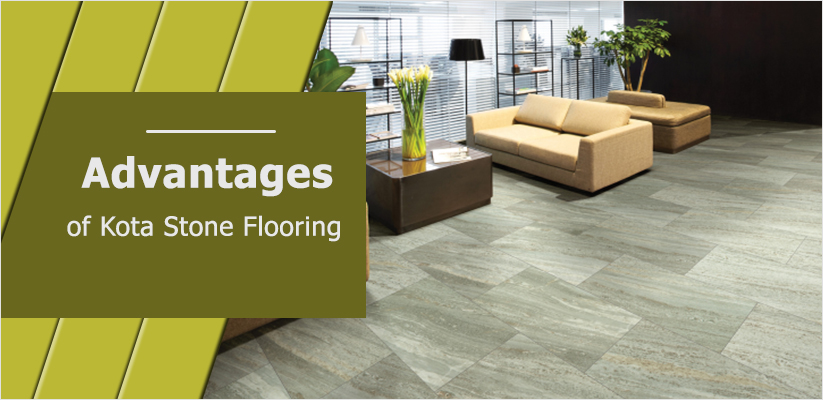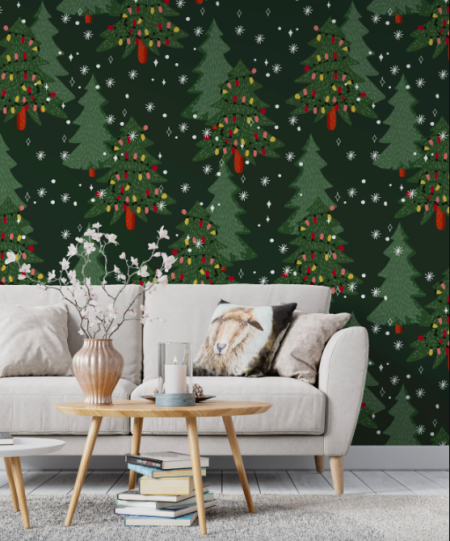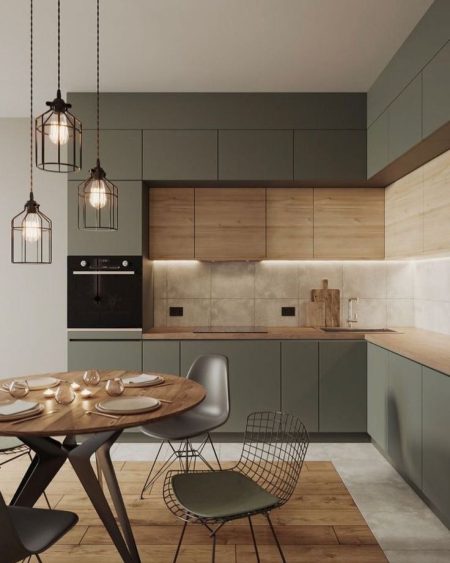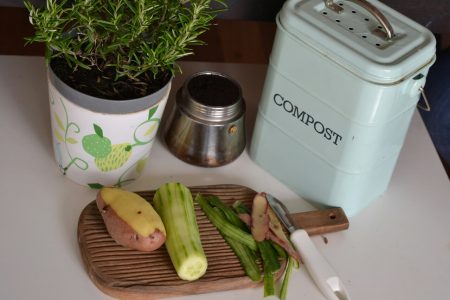When it comes to choosing the right flooring option, there are numerous materials available in the market. One such popular choice is Kota stone flooring tiles, which have gained prominence in residential and commercial spaces alike. In this blog, we will explore the advantages and disadvantages of Kota stone flooring tiles to help you make an informed decision for your next flooring project.
What is Kota Stone?
Kota Stone is a naturally available, fine-grained variety of limestone originating from Kota, Rajasthan. Its alluring natural look, durability and low cost makes it the most extensively used material in both the interiors and exteriors of houses and commercial areas. Kota is well known for its shiny appearance and charming colours, and ages beautifully over time. It is available in different shapes and sizes and can easily blend with any home decor. In fact, the material is quite an asset in the construction industry in terms of the unique characteristics it possesses.
Types of Kota Stone
As the name suggests, Blue Kota stone features a bluish-grey hue. It is known for its fine texture, high compressive strength, and resistance to water absorption. Blue Kota stone is often used for exterior paving, pathways, driveways, and garden flooring.
Brown Kota stone showcases warm brown tones with subtle variations. It is highly durable and is popular for both indoor and outdoor flooring. Brown Kota stone is commonly used in commercial buildings, offices, residential flooring, and cladding.
Green Kota stone exhibits shades of green with a textured surface. It is often preferred for exterior applications such as gardens, courtyards, pathways, and landscaping projects. Green Kota stone adds a natural and soothing touch to outdoor spaces.
Yellow Kota stone is characterised by its golden-yellow coloration. It is renowned for its strength, versatility, and affordability. Yellow Kota stone is commonly used for flooring in residential buildings, commercial complexes, and temples.
Polished Kota stone undergoes a process of grinding and polishing to achieve a smooth and glossy finish. This type of Kota stone is ideal for interior flooring, providing a luxurious and elegant look to spaces like living rooms, bedrooms, and hallways.
It’s important to note that these are general categorizations, and variations in colour and texture can occur within each type of Kota stone.
Advantages of Kota Stone Flooring Tiles:
-
Durability and Longevity:
Kota stone is known for its exceptional durability, making it suitable for high-traffic areas. It can withstand heavy foot traffic, making it ideal for commercial spaces, corridors, and hallways. With proper maintenance, Kota stone flooring can last for decades.
-
Natural Aesthetic Appeal:
Kota stone flooring tiles have a rustic and natural look, adding a touch of elegance to any space. They come in a variety of earthy shades, ranging from blue to green and brown, lending a unique charm to the interiors. The stone’s natural texture and finish provide a timeless appeal to the flooring.
One of the significant advantages of Kota stone flooring tiles is their low maintenance requirements. Regular sweeping and mopping are usually sufficient to keep the surface clean. Additionally, the stone is resistant to stains, making it easier to maintain its original appearance.
Kota stone has excellent heat resistance properties, making it suitable for areas exposed to direct sunlight or radiant heat. It remains cool underfoot, providing comfort in hot climates. This characteristic makes Kota stone an excellent choice for regions with high temperatures.
Disadvantages of Kota Stone Flooring Tiles:
One of the primary drawbacks of Kota stone flooring is its porous nature. The stone can absorb liquid spills, which may lead to staining if not cleaned promptly. Proper sealing of the stone during installation is essential to minimise this issue.
-
Susceptible to Scratches:
While Kota stone is durable, it is not entirely scratch-resistant. Heavy objects or sharp items dragged across the surface can leave scratches or marks. It is advisable to use furniture pads and exercise caution when moving heavy objects to prevent any damage.
Compared to other flooring materials, Kota stone offers a limited range of colours. The available shades are mostly in the earthy spectrum, which may not suit every design aesthetic. If you are seeking vibrant or diverse colour options, other flooring materials might be more suitable.
The cost of Kota stone flooring tiles can be relatively higher compared to other flooring options. The initial investment for material and installation may be higher, especially when compared to synthetic or ceramic alternatives. However, it’s important to consider the long-term durability and low maintenance costs that Kota stone offers.Price of Kota Stone
Types of Kota Stone
Interestingly, Kota Stones are available in different types, such as Kota Blue, Kota Brown, covings, bricks and cobbles.
- Kota Blue stonecomes in various forms – polished tiles, tumbled tiles, natural bricks, cobbles, covings. They are available in bluish green that brings a soothing look in the home decor.
- Kota Brown stone can be used both in exteriors and interiors, and available in the shade of yellow, green and brown. Kota Stone covings are used in the corners of the spaces like dairy industries, pharmaceutical, food industry where hygiene requirements are high and strict. The corners of these places are ignored spots where dust gathers easily. It is available in the size format of 22inch (L) x 62mm (W)x 62 mm (H).
Kota Stone vs. Marble Stone
| Kota Stone | Marble stone |
|---|---|
| It is non-porous | It has a porous surface and sensitive to stains |
| Relatively Cheaper (₹ 10 sqft onwards) | More expensive (₹ 90/sqft onwards) |
| Strong and Sturdy | Least tough |
| Not shinyin comparison with marble | It is more lustrous after polishing |
| Requires less maintenance | Regular maintenance is needed |
Kota Stone Price
One of the reasons why Kota Stone is the most sought-after material in the construction industry is its low price. Despite possessing many unique features, the stone is very affordable and not expensive unlike natural stones like marble and granite. However, the price of the stone depends on the size and thickness of the stone. Also, the price fluctuates as per the quality of the stone.
The cost of Kota Stone starts as low as Rs.10 square feet and goes upto Rs.50 square feet. If you are buying in bulk, the prudent way of procuring is from the original location where it is quarried as the price will be less. If the requirement is small, a reliable local dealer will be an ideal option.
Kota Stone Flooring Designs
The design applications of Kota stone is not restricted as it is available both in rough and polished finishes. Considering its hard and durable nature, the stone is preferred in spaces with high footfall. Polished stone is mostly used in the interior of the building as the natural colour and shine of the stone enhance the look of the space. They are used in flooring, kitchen, bathroom and wall cladding. For external purposes, rough stone is popular and is laid in staircase, garden patio, corridor, pavement, driveway, etc.
Enquire Now for Stone Flooring
Some of the Kota Stone Flooring Designs are:
Design 1:
Design 2:

Design 3:

Design 4:

Design 5:

Design 6:

Design 7:

We have offers of these Glass Fittings & Hardware (Glass Connector, Glass Door Handles, Glass Door Hinge, Glass Door Locks, Patch Fittings) with high discount. You can choose multiple types of glasses from top brands.
Conclusion
Kota stone flooring tiles offer several advantages, including durability, natural aesthetics, low maintenance, and heat resistance. However, it is important to be aware of its drawbacks, such as porosity, susceptibility to scratches, limited colour options, and the initial investment required. Considering your specific needs, budget, and the intended use of the space will help you determine whether Kota stone flooring tiles are the right choice for your project.
Read the full article here









